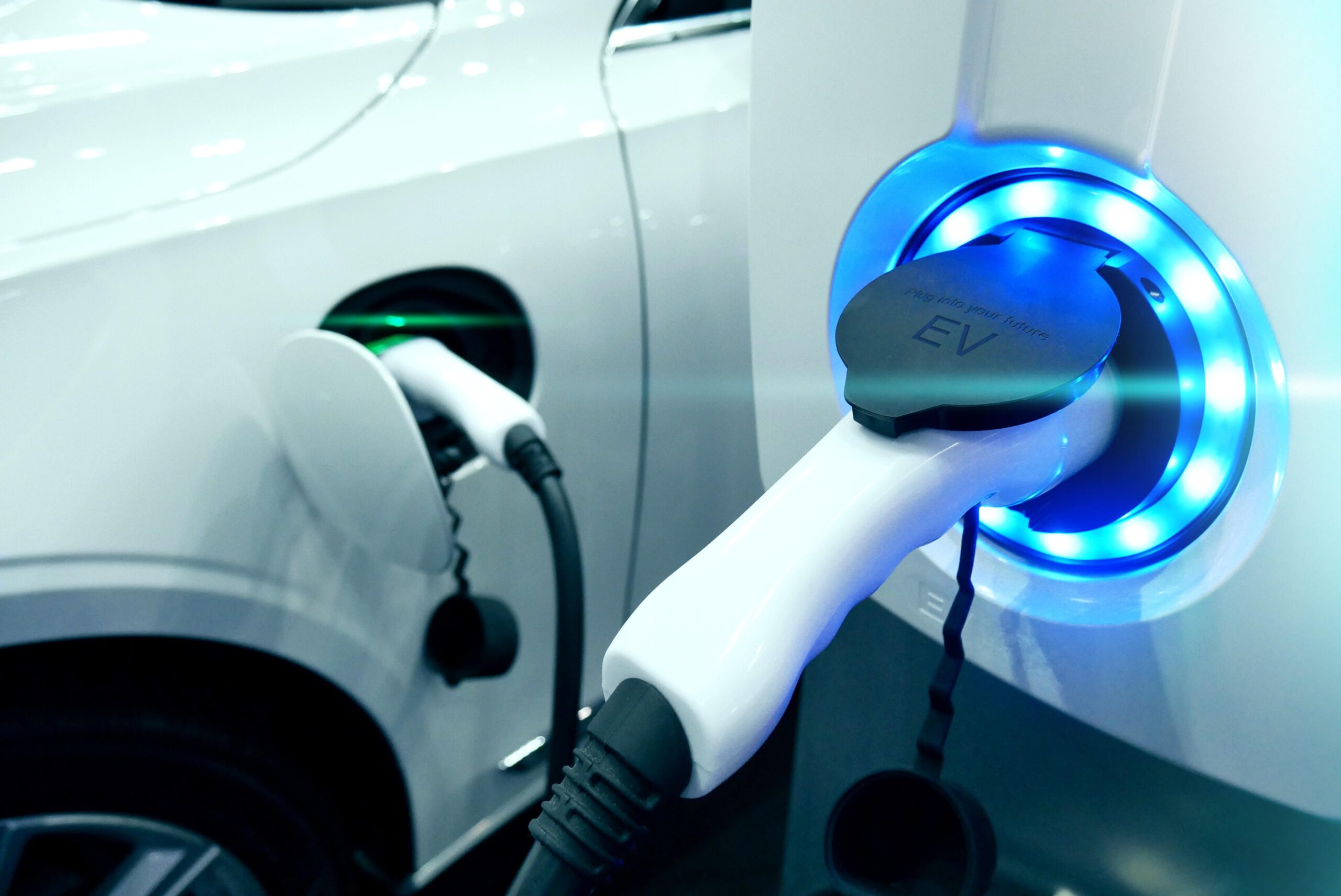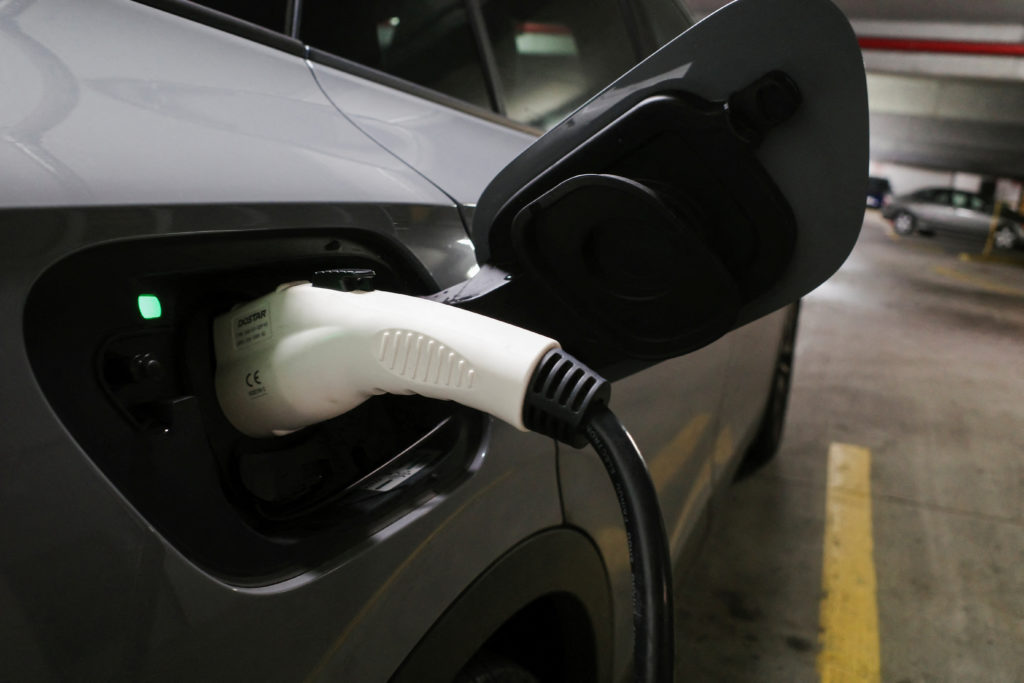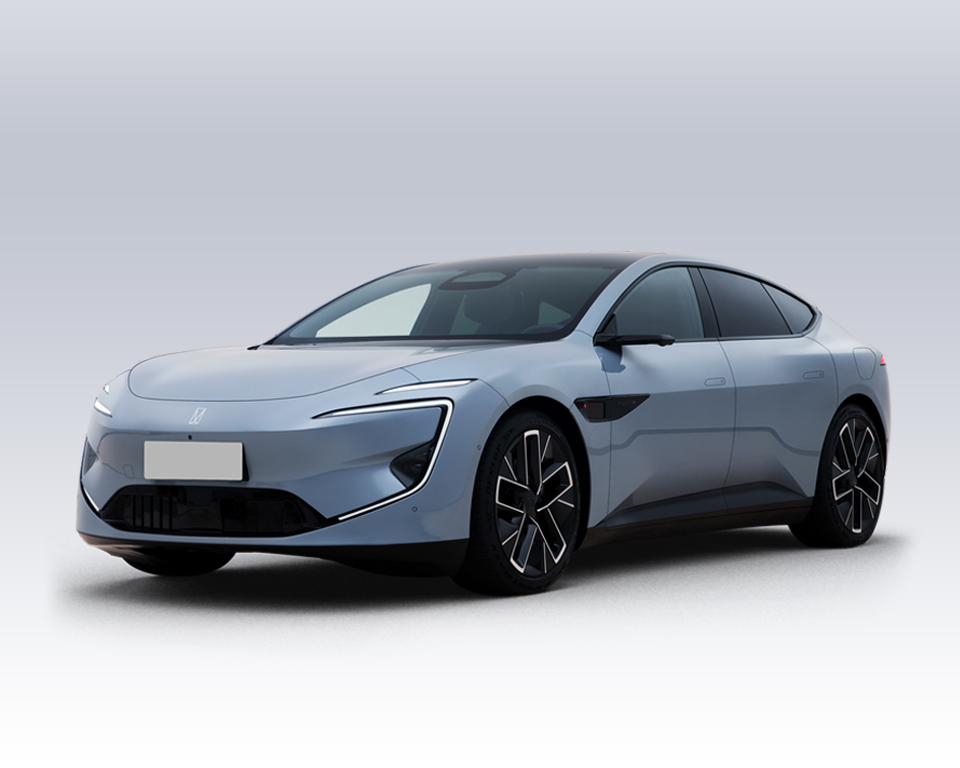FAQs About Home Charging Stations (EV Chargers) for Electric Vehicles
Today, the affordable operating costs of electric vehicles attract a large number of car owners. As the number of electric vehicles on the road increases, so does the need for robust charging infrastructure. This article focuses on a key component of that infrastructure: home EV charging stations, commonly referred to as charging piles.
Below, we answer the most common questions about EV home charging stations, covering everything from installation and costs to charging times and compatibility.

1. What is an EV Home Charging Station?
An EV home charging station is a device used to recharge electric vehicles. It converts electricity from the grid into a suitable form for charging EV batteries. These stations are commonly installed in residential areas, commercial buildings, and public spaces.
Home charging stations typically offer power outputs ranging from 3 kW to 22 kW, allowing for both standard and rapid charging. Standard stations use AC voltage (220V or 380V), while rapid stations often employ DC voltage for faster charging. They also support various connector types, ensuring compatibility with a wide range of EV models.

2. How Do Charging Stations Differ from Charging Piles?
Although the terms are often used interchangeably, there are notable differences:
| Feature | Charging Piles (Home Chargers) | Charging Stations |
|---|---|---|
| Usage | Home and small-scale commercial settings. | High-demand public environments. |
| Power Output | 3 kW to 22 kW. | 50 kW to 350 kW or more. |
| Charging Points | Single point per unit. | Multiple points for simultaneous charging. |
| Charging Speed | Slower compared to DC fast chargers. | Often equipped for ultra-fast charging. |
| Installation Costs | Lower installation expenses. | Higher due to complexity. |
| Features | May include basic smart features. | Advanced grid integration and monitoring. |
| Payment Systems | Basic or none for private use. | Comprehensive payment interfaces. |
| Accessibility | Public or private use. | Primarily in public spaces. |

3. What Types of EV Home Charging Stations Are Available?
Home charging stations can be categorized by installation method, accessibility, location, capacity, and power type:
By Installation:
- Vertical: Free-standing units for outdoor use.
- Wall-mounted: Attached to walls, ideal for garages or indoor spaces.
By Accessibility:
- Public: Open to all in public areas.
- Commercial: For businesses and their customers.
- Private: Restricted to individual users.
By Location:
- Indoor: For covered settings like garages.
- Outdoor: Designed to withstand weather conditions.
By Capacity:
- Single-port: Charges one EV at a time.
- Multi-port: Charges several vehicles simultaneously.
By Power Type:
- AC (Alternating Current): Slower but cost-effective.
- DC (Direct Current): Faster charging speeds.

4. How Long Does Charging Take?
Charging time varies based on factors like battery size, current charge level, and the charger’s power output:
- Level 1 Chargers (110-120V): 10-20 hours for a full charge.
- Level 2 Chargers (220-240V): 2-10 hours.
- Level 3 Chargers (DC Fast Charging): 20-45 minutes for 80% capacity, ideal for long trips.
5. Why Should You Stop Charging at 80%?
Limiting your charge to 80% preserves battery health and efficiency. Fully charging an EV increases chemical stress on the battery, potentially shortening its lifespan. Moreover, charging beyond 80% is slower and can lead to overheating. Stopping at 80% ensures faster charging and reduces thermal strain.

6. What Does It Cost to Install a Home Charger?
Installation costs depend on factors like site conditions and charger type:
- Level 1 Chargers: $500–$1,000.
- Level 2 Chargers: $2,000–$5,000.
- DC Fast Chargers: $10,000–$50,000+.
Additional costs may include electrical upgrades and permits.
7. How Much Does Charging Cost?
Charging costs depend on electricity rates, charger efficiency, and battery size. Use this formula for estimates:
Cost = Battery size (kWh) × Charger efficiency × Electricity rate ($/kWh).
On average, EV charging costs $0.05 per mile. Rates for Level 2 chargers range from $0.10–$0.40 per kWh, while Level 3 chargers cost $0.20–$0.60 per kWh or more.
8. Can EV Charging Stations Be Installed Outdoors?
Yes, but they must meet safety standards. Outdoor chargers require a minimum IP54 protection rating to shield them from weather. They should also have insulation to prevent hazards.

Understanding home charging stations is crucial for optimizing your EV ownership experience. From installation options to charging times and costs, informed decisions can enhance convenience and efficiency.
Are you looking to import a reliable EV from China? Chinacarhub offers an extensive selection of electric vehicles from over 60 brands, along with seamless shipping services. Contact our sales team today to explore your options for buying an extended-range electric vehicle. Don’t forget to check out our blog for the latest news and offers from the EV market.





